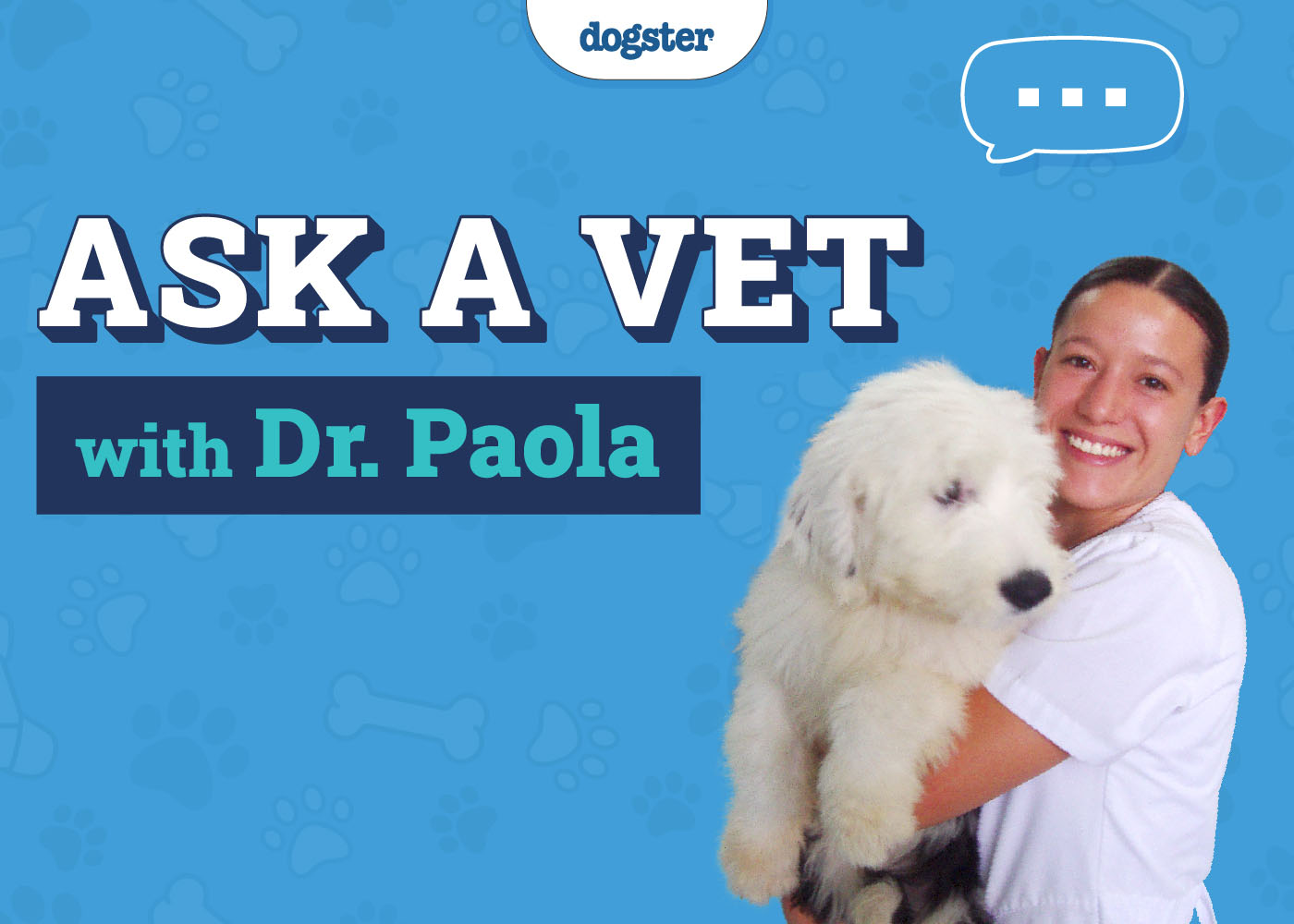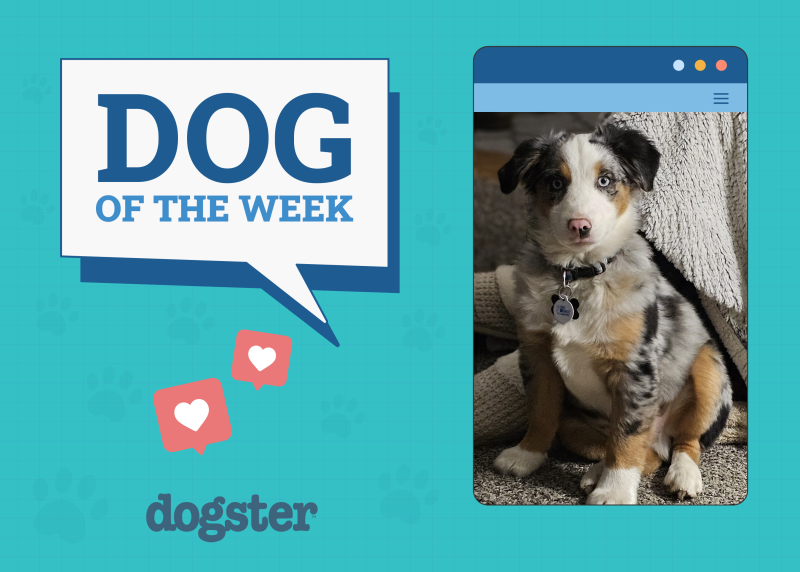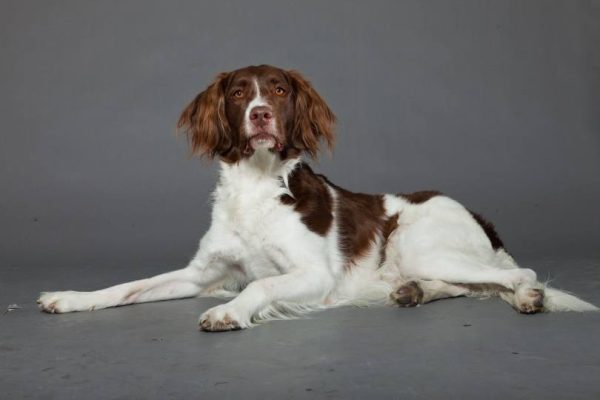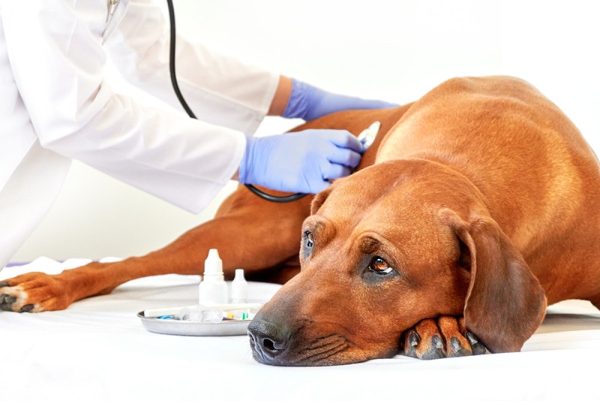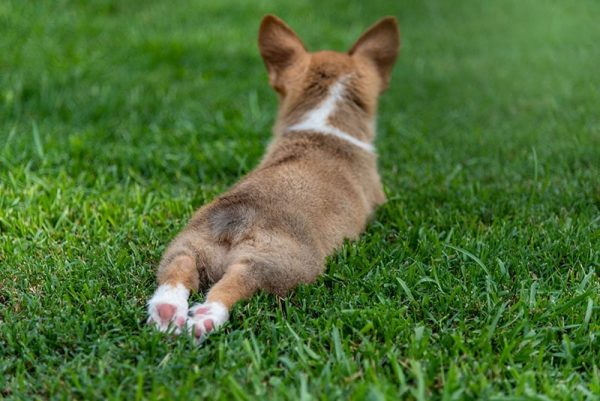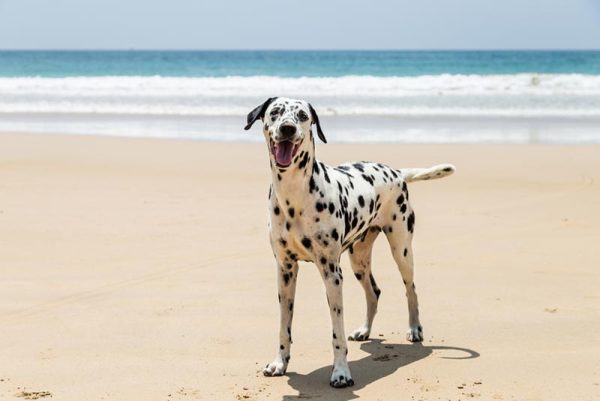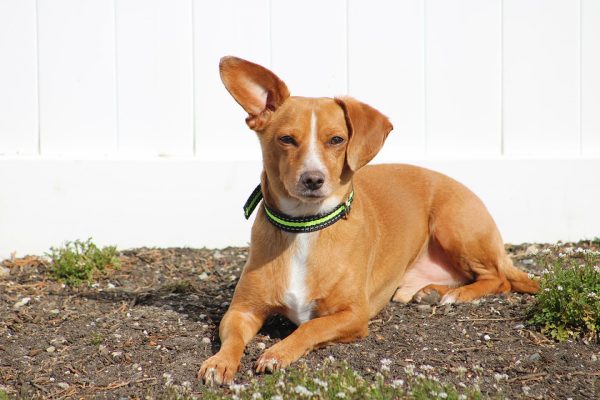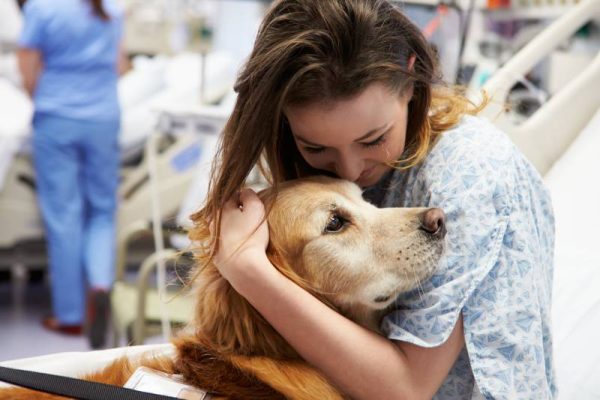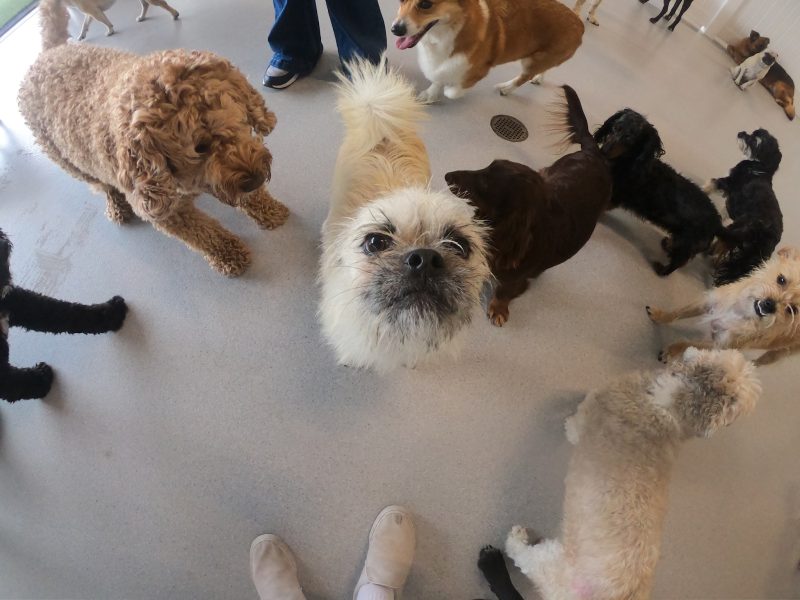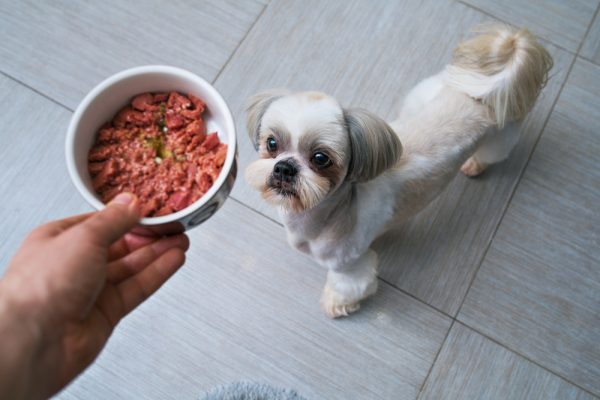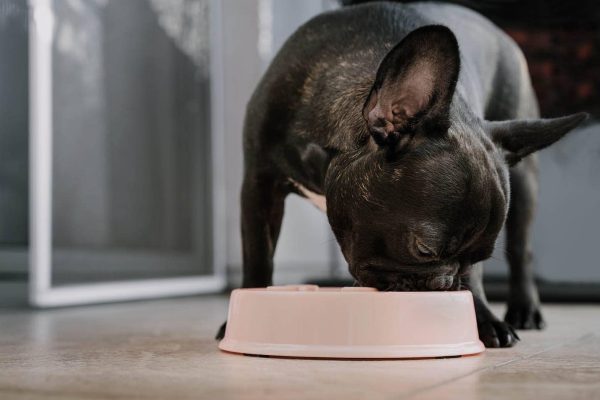Welcome to our “Ask Dr. Paola” series, where every Monday we bring expert advice straight from Dr. Paola Cuevas (MVZ) to help our readers better understand their dog’s health and well-being.
Whether you’re a new pet parent or a seasoned dog lover, Dr. Paola is here to provide answers to your most pressing questions. From nutrition tips and preventive care to troubleshooting common behavioral issues, Dr. Paola is ready to offer insights that will keep your furry friend happy and healthy. Stay tuned for expert guidance on a range of topics that matter most to you and your dog, so you can make informed decisions and provide the best possible care for your canine companion. Have a question? Send it in here!

Why Do Almost All My Puppies Look Like Their Mother?
“Why is it that in my Labrador’s litter, there is only 1 chocolate-colored puppy like the father, and 8 champagne-colored ones like the mother, Maya– Yamile
Hi Yamile!
Coat color in Labrador retrievers is decided by a few key genes that work together, almost like switches being turned on or off. One important gene, called the B locus, controls whether pigment is black or brown (chocolate). Another, the E locus, decides if that pigment will actually show. The chocolate father carries two copies of the brown gene (bb), so he can only pass on the instructions for chocolate. The mother, who is better described as yellow rather than champagne, is genetically (ee). Yellow Labradors are unique because this gene combination masks the underlying color, which means that although she looks yellow, she may still carry the hidden instructions for chocolate.
If Maya is (eeBb) and the father is (eebb), the math works out so that about half the puppies should be yellow carrying chocolate, a quarter yellow carrying two chocolate genes, and a quarter chocolate. But when puppies are conceived, the mix they receive is completely random, like shuffling and dealing cards from the same deck. This is why it is perfectly normal for a litter to look different from the expected ratios. In your case, most of the puppies happened to inherit the combination that makes them yellow like mom, while only one inherited the precise mix to show chocolate like dad. This variation is natural and part of the beauty of genetics in action. Congratulations on your new puppies!
Sincerely,
– Dr. Paola

If you want real time answers to your questions, you can talk to one of our veterinarians online. Click on the image or button below:


Help! I Think My Niece Isn’t Caring for Her Dogs Properly!
“Hello Dr. Paola,
My niece is temporarily living with me and keeps her 3 dogs in her car outside with the AC on, like that is good for them. I don’t think that is good for them. She says she loves them, so it’s ok. I think love is caring for them properly. What can I tell her so that she will know that she’s not loving them and needs to let someone else care for them until she can take care of herself? “ – James
Hi James,
You are absolutely right to be concerned. Keeping dogs in a car, even with the air conditioning running, is not a safe or healthy living situation. Cars are confined spaces that do not provide the enrichment, exercise, or mental stimulation that dogs need, and there is also a serious risk that the air conditioning could fail. Studies and veterinary guidelines are very clear that even a few minutes in a vehicle without proper ventilation can become dangerous. Beyond temperature, living in a car means the dogs lack space to move freely, opportunities to interact with their environment, and the stability of a secure, clean, and predictable home.
What you can gently tell your niece is that real love for animals means meeting their physical and emotional needs, not just keeping them nearby. Dogs depend on us for everything, and part of caring for them is ensuring they have a safe environment, regular exercise, social interaction, and proper rest. Let her know that choosing temporary foster care, a trusted friend, or a reputable shelter until she can provide for them again does not mean she loves them less. In fact, making that decision would be one of the most loving and responsible things she could do for them, because it puts their well-being first. Thanks for reaching out, and I hope you can help those dogs.
Sincerely,
– Dr. Paola

Help! My Dog Constantly Licks His Feet!
“Dexter is a 6-year-old Yorkie cross. He is constantly licking his feet. We have tried to distract him, but he soon goes back to doing it. Can you help?” – Ruth
Hi Ruth,
Seeing Dexter repeatedly licking his paw can be puzzling, and there are a few possible reasons behind it. Some dogs develop this habit as a way of releasing tension or expressing excitement, almost like a fidget. In other cases, it may be linked to something physical, such as itchy skin from allergies, irritation between the toes, or even discomfort in the joints. When no medical cause is found, the behavior can sometimes become a repetitive or compulsive action that a dog returns to automatically.
Since you mention he quickly goes back to it even after being distracted, the best next step is to have him examined by a vet to rule out any physical source of irritation or pain. A thorough check of his skin, paws, and mobility can provide clarity. Because allergies are one of the most frequent causes of persistent paw irritation, your veterinarian may also recommend allergy testing or a stepwise investigation into possible triggers such as food or environmental allergens. Identifying and addressing the root cause will give Dexter the best chance of feeling comfortable, and if no medical issue is found, you can focus on managing it from a behavioral standpoint with enrichment and positive redirection. At this stage, a consultation with us at PangoVet can be very helpful, as we can provide you with tailored guidance on a behavioral plan and practical tips to support Dexter at home.
Good luck!
– Dr. Paola
- View past week’s questions here: September 2, 2025
- See our full list of past articles here
- Click here to submit a question
- Get Dr. Paola’s weekly advice sent straight to your inbox. Sign up below!


